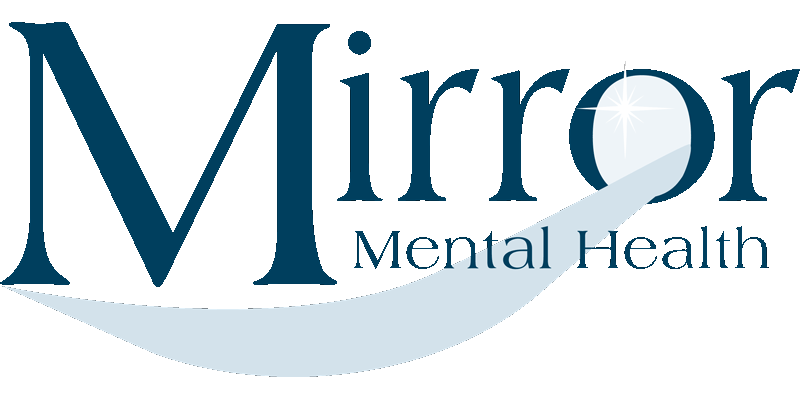Resources for Receiving Therapy
FREQUENTLY ASKED QUESTIONS
The therapist will create a safe, therapeutic and confidential environment while gathering information about your presenting issue or reasons for seeking therapy. The therapist will also gather information about your history (family, relationship, psychological, career, etc.) and your current lifestyle (schedule, stressors, support network, etc,). The therapist will explain the process of therapy and may discuss some initial goals and objectives.
You are encouraged to ask any questions you might have about therapy and to share your objectives, concerns, etc. You and your therapist may discuss frequency of visits (which is usually once a week at the start of therapy), and you will schedule your next visit if you and your therapist agree it is a fit to work together.
There is some basic paperwork that you and your therapist will complete together pertaining to your contact information, insurance, confidentiality, etc. Sessions are 50 minutes long and you do not need to bring anything other than yourself, your insurance card (if you would like to use your healthcare benefits), and co pay.
Sessions are typically 45-60 minutes in length.
Typically, sessions occur once per week. The therapist and client may decide to increase or decrease the frequency of visits depending on progress and need.
Length of treatment depends on the presenting issue and the goals of treatment. Brief treatment might be as short as three to five sessions while longer term therapy might last as long as a few years. The therapist and client will collaborate to determine the length of treatment that is clinically appropriate and feels comfortable for the client. The client has control over the speed of treatment (we move at your pace to get to your end goal).
If a therapist and client agree that medication such as an antidepressant might be helpful to the client, the therapist will provide a referral to a psychiatrist.
All MMH therapists have a client-centered approach that recognizes the importance of the therapeutic relationship and an empathic connection between the therapist and client.
All MMH therapists look at treatment from a strengths perspective rather than a disease model. Urban Balance therapists come from diverse backgrounds of clinical training and have different approaches including cognitive-behavioral, family systems, psychodynamic, imagao, and trauma focused therapy.
Clients are matched with clinicians who best meet their needs.
